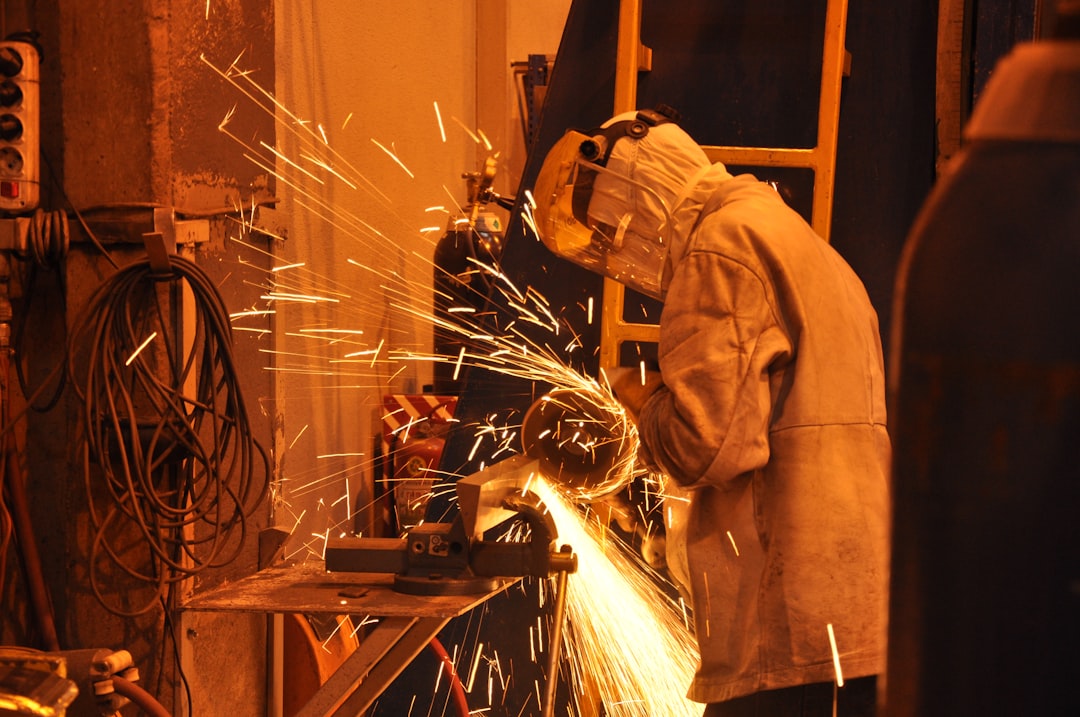Choosing the right steel supplier is crucial for any business relying on steel for its operations. A poor choice can lead to project delays, cost overruns, and compromised product quality. This comprehensive guide will equip you with the knowledge and tools to effectively evaluate potential steel suppliers and make an informed decision that benefits your bottom line and long-term success.
1. Assessing Steel Quality and Certifications
The cornerstone of any successful steel procurement strategy is ensuring consistent, high-quality steel. Begin your evaluation by thoroughly investigating the supplier’s quality control processes. Request copies of their quality management system (QMS) documentation, ideally ISO 9001 certified. Look for evidence of rigorous testing procedures at various stages of production, including chemical composition analysis, mechanical testing (tensile strength, yield strength, elongation), and non-destructive testing (NDT) methods like ultrasonic testing or magnetic particle inspection. Inquire about their rejection rate and their procedures for handling non-conforming materials. The supplier should be transparent about their quality control measures and readily provide documentation to support their claims.
Furthermore, check for relevant industry-specific certifications. Depending on your application, this might include certifications related to specific steel grades (e.g., ASTM, EN, JIS standards), environmental compliance (e.g., ISO 14001), or safety (e.g., OHSAS 18001). These certifications demonstrate the supplier’s commitment to meeting stringent industry standards and provide assurance of consistent quality and compliance.
2. Evaluating Delivery Reliability and Lead Times
Reliable delivery is paramount, especially for projects with tight deadlines. Investigate the supplier’s track record in meeting delivery schedules. Request references and contact previous clients to inquire about their experiences with on-time delivery. Analyze the supplier’s logistics capabilities, including their transportation network, warehousing facilities, and inventory management systems. A robust logistics system is essential for ensuring timely delivery and minimizing disruptions to your operations.
Inquire about their lead times for various steel grades and quantities. Understand their capacity to handle both small and large orders without compromising delivery schedules. Consider their proximity to your facility – a closer supplier might offer faster delivery and reduced transportation costs. Discuss contingency plans for unforeseen circumstances, such as supply chain disruptions or unexpected delays. A well-prepared supplier should have strategies in place to mitigate these risks.
3. Analyzing Pricing Strategies and Payment Terms
Steel prices fluctuate significantly due to market conditions and raw material costs. Obtain detailed pricing information from multiple suppliers, ensuring you compare apples to apples. Don’t just focus on the initial price; consider the total cost of ownership, including transportation, handling, and any potential penalties for late delivery or quality issues. Negotiate favorable payment terms, such as extended payment periods or discounts for bulk orders. Be wary of suppliers offering unusually low prices – this could indicate compromised quality or questionable business practices.
Understand the supplier’s pricing structure. Are they offering fixed prices, or are prices subject to market fluctuations? If the latter, how will price changes be communicated and implemented? Clarify any hidden costs or surcharges. A transparent pricing structure is crucial for predictable budgeting and cost management.
4. Assessing the Supplier’s Financial Stability and Reputation
Choosing a financially stable supplier is crucial for ensuring long-term supply security. Research the supplier’s financial history, credit rating, and market standing. Look for evidence of consistent profitability and a strong balance sheet. A financially unstable supplier may be more prone to delays, disruptions, or even bankruptcy, putting your projects at risk.
Investigate the supplier’s reputation within the industry. Consult online reviews, industry publications, and professional networks to gather insights into their performance and customer satisfaction. Look for any negative feedback or red flags that could indicate potential problems. A strong reputation is a testament to the supplier’s commitment to quality, reliability, and ethical business practices.
5. Building a Long-Term Partnership
Selecting a steel supplier is not just about finding the cheapest option; it’s about building a long-term partnership based on mutual trust and collaboration. Consider the supplier’s commitment to innovation, technological advancements, and sustainability. A forward-thinking supplier will be better equipped to meet your evolving needs and adapt to changing market conditions.
Discuss the supplier’s customer service capabilities, including their responsiveness, communication channels, and problem-solving skills. A responsive and proactive supplier will be more likely to address any issues promptly and effectively. Building a strong relationship with your supplier fosters open communication, facilitates efficient problem-solving, and contributes to a more successful and mutually beneficial partnership.
By carefully considering these five key aspects, you can significantly improve your chances of selecting a reliable and high-performing steel supplier. Remember that choosing the right partner is a strategic decision that can significantly impact your business’s success.
SEO Tags:
steel supplier evaluation, steel quality control, steel supplier selection, steel certifications, reliable steel supplier




